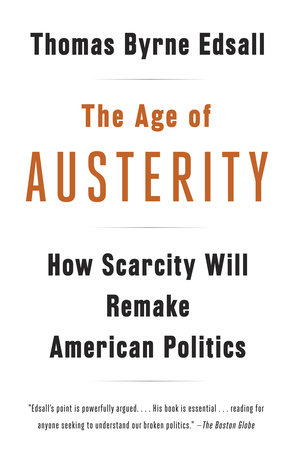

The End of the American Era
By Charles Kupchan
By Charles Kupchan
By Charles Kupchan
By Charles Kupchan
Category: 20th Century U.S. History | World Politics
Category: 20th Century U.S. History | World Politics

-
$15.95
Nov 11, 2003 | ISBN 9780375726590
-
Dec 18, 2007 | ISBN 9780307428516
YOU MAY ALSO LIKE
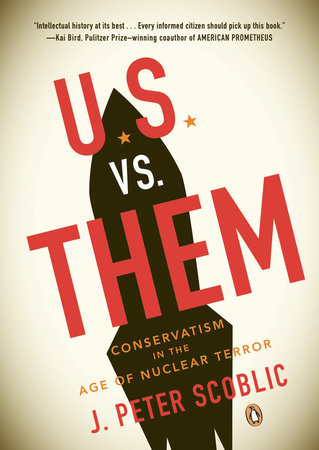
U.S. vs. Them
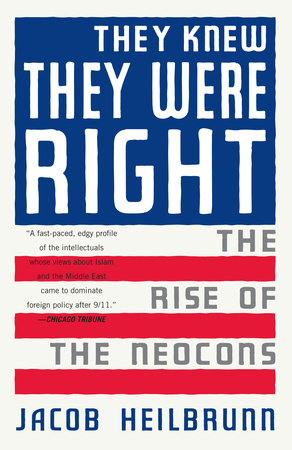
They Knew They Were Right
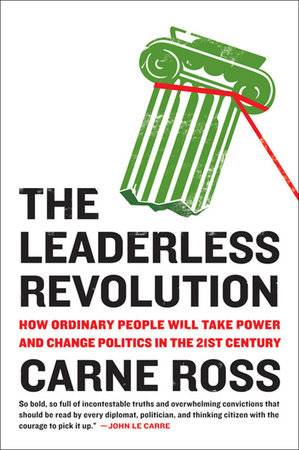
The Leaderless Revolution
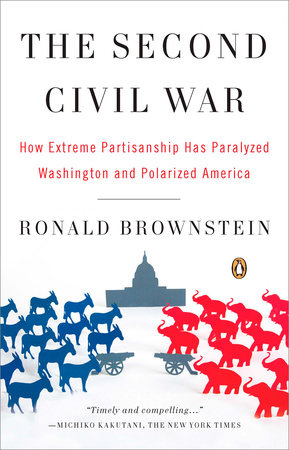
The Second Civil War
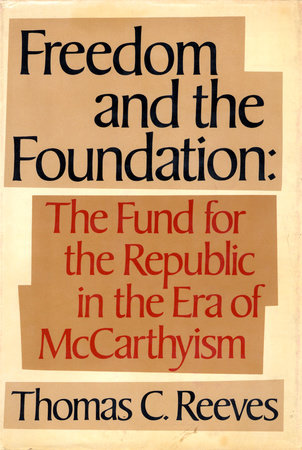
Freedom and Foundation
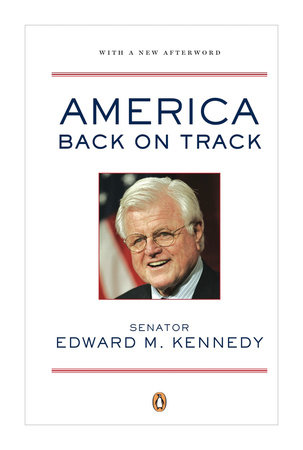
America Back on Track
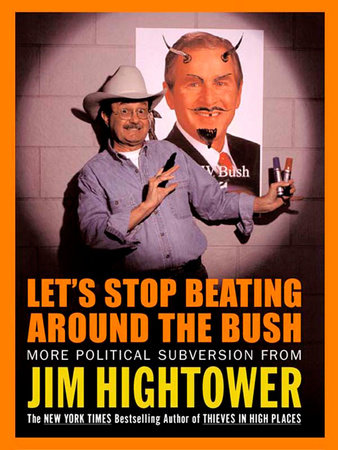
Let’s Stop Beating Around the Bush
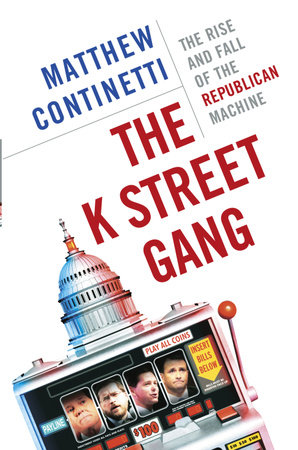
The K Street Gang
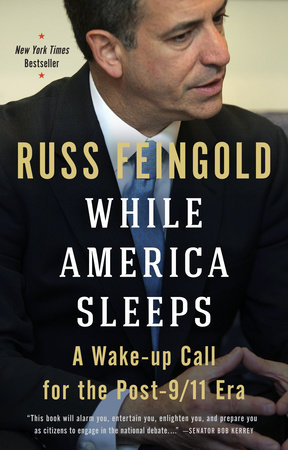
While America Sleeps
Praise
“One of the outstanding figures of the new generation of U.S. foreign policy thinkers and practitioners. His powerful and erudite book . . . sparkles with insights.” —The Washington Post Book World
“An absorbing and thought-provoking book on what Charles Kupchan considers the central challenges to future U.S. preeminence and global stability.” —Henry Kissinger
“A bold and elegant new statement about the coming breakdown of Pax Americana and a return to great-power rivalry.” —Foreign Affairs
“Indispensable reading for anyone who recognizes the importance of challenging the conventional wisdom about America’s evolving world role.” —The Dallas Morning News
“In this dazzling work, steeped in history and politics, Charles A. Kupchan maps out an original and persuasive vision of where America and the world are headed. The time to read this book is now.” —James Chace, author of Acheson: The Secretary of State Who Created the American World
“With his expansive knowledge of history, Kupchan places contemporary trends in perspective. . . . Offers revealing insights into contemporary policy matters with a spectacular eye for detail.” –The Christian Science Monitor
“Elegantly explores the benefits and dangers of U.S. primacy and the system of globalization that has come with it. His call for a rethinking of America’s role in the world could not be more timely. . . . Well worth reading.” –George Soros
“An important and provocative reassessment of American power and foreign policy.”–Lee H. Hamilton, Director, Woodrow Wilson International Center
“This original and informative work challenges our conventional wisdom and offers useful strategic guidance. Agree with it or not, Kupchan will make you think and reexamine your assumptions as you enjoy the clarity of his writing and thought.”–Anthony Lake, National Security Advisor in the first Clinton administration
“Provocatively embedding his argument in examinations of historical power shifts . . . Kupchan argues that American preeminence is dangerous to sustain, because it is in fact unsustainable.” –Booklist
“Compelling analysis, rich in the lessons of history, that will shatter the illusions of a perpetual Pax Americana. . . . As controversial as it is insightful.” –Ronald Steel, author of Walter Lippmann and the American Century
“An ambitious enterprise . . . Kupchan should be congratulated for bravely tackling broad issues in an age of specialization.”–Times Literary Supplement (UK)
Table Of Contents
Acknowledgments
Preface to 2003 Vintage Edition
Preface to 2002 Knopf Edition
CHAPTER ONE
Grand Strategy and the Paradox of American Power
CHAPTER TWO
America’s New Map of the World
CHAPTER THREE
The False Promise of Globalization and Democracy
CHAPTER FOUR
The Rise of Europe
CHAPTER FIVE
The Limits of American Internationalism—Looking Back
CHAPTER SIX
The Limits of American Internationalism—Looking Forward
CHAPTER SEVEN
After Pax Americana
CHAPTER EIGHT
The Rebirth of History
Notes
Select Bibliography
Index
21 Books You’ve Been Meaning to Read
Just for joining you’ll get personalized recommendations on your dashboard daily and features only for members.
Find Out More Join Now Sign In







